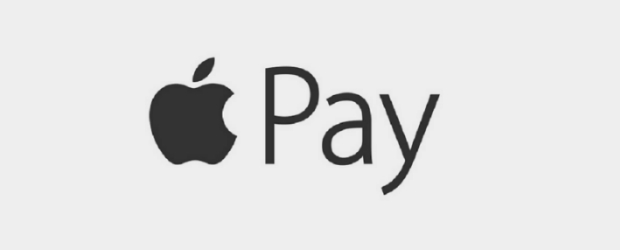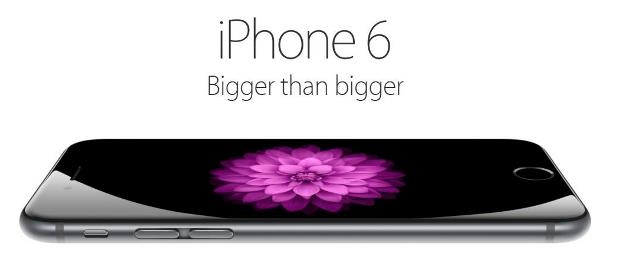Mobile carriers should stay away from interfering with mobile payments, with 2015 being “The Year of NFC“, according to Juniper Research, a UK-based market analysis firm.
The group, which specializes in analysing the wireless sector has come out with its own Top 10 Tech Trends of 2015, among them that Host Card Emulation (HCE) as opposed to SIM-card based secure elements will drive widespread adoption by the end of 2015, such as in the case of Apple Pay.
HCE allows for the virtualization of smart cards (such as credit cards) using only software and removes the need for a local SIM-card based secure elements, essentially cutting out the need for mobile network operators to be involved in the technology.
“I think the operators have missed the boat [with mobile payments],” said Windsor Holden, head of consultancy and forecasting, at Juniper. Referring to Rogers, Telus and Bell who staked claims to TD Bank and PC Financial’s new UGO Wallet collaboration, Holden explained that many European carriers withdrew their SIM card-based endeavours when Apple Pay came to market.
He added that while there was a historical need, the arrival of new technology has eliminated any benefit to having carriers involved, especially when they may be charging additional fees for their services.
Instead, according to Juniper, carriers should be focusing their energy on shifting their offerings from a voice-based service with data add-ons to a data-centric model that moves increasingly towards Voice over IP (VoIP), another key trend for 2015.
“The quantity of the data hasn’t changed all that much but the quality of the data and how it’s delivered has,” said Holden. He has already observed these trends in several countries, including the United States, Japan, and several Nordic countries including in Sweden, where telecom company Tele2 now offers voice services free of charge with data bundles.
“This shift will contribute to the era of streaming music services that will, in Western markets, become the de facto method of music consumption; the digital download market will begin its collapse as the choice becomes digital streaming versus physical purchase,” the firm said in an official white paper.
In order, Juniper’s Top 10 Tech Trends of 2015 are as follows:
1. Increasing numbers of companies will invest in encryption, tokenization and biometric authentication as a means of reducing risk of breaches in 2015.
2. Wearables will become more fashionable in an attempt to endear themselves to consumers.
3. The Year of NFC, driven by Apple Pay will shut out mobile network operators from interfering in mobile payments.
4. Carriers will shift towards a data-centric pricing models thanks to 4G and LTE rollouts. Digital download will become a thing of the past as music streaming becomes mainstream.
5. With increasing numbers of online retailers adopting cryptocurrencies, Juniper predicts that the payment option will finally cross over to physical retail by the end of 2015.
6. While retail distribution of drones may still need a few more years to materialize, their continued proliferation next year means that consumers will be ready.
7. We will see partnerships between device manufacturers and the healthcare sector in making wearables more accurately track fitness. “In areas where consumers hold sway over their own healthcare, from biometric tracking to diabetes management, the tools will be used with greater and greater frequency,” according to the white paper.
8.With cheaper phones taking market share away from mobile giants, nothing is off-limits, including phablets. iPhone 6′ endorsement of the form factor will encourage consumers to skip tablets and use phablets as their one and only ‘second screen’ instead, albeit at a cheaper price.
9. While Juniper cautions that the proximity-based coupon model is overhyped, indoor location technology such as Bluetooth Low Energy (BLE) will nevertheless spread.
10. Deep Linking, the function where apps on a device are aware of and interact with one another, will become standard next year. While Android has made the most progress in this regard, iOS is expected to follow suit. This offers a more seamless, integrated experience to end users.






Host card emulation seems to make sense for mobile payments. But Juniper’s suggestion that carriers focus on creating a data-centric suite of services sounds a bit like wishful thinking. Especially in Canada where major carriers are in the position of charging a premium for data services on top of a voice network that is working well, why change the business model to give people more data to use as they please?
It seems to be the direction that some carriers in the U.S. are already moving towards, according to Juniper. It’s too bad that innovation tends to be wishful thinking when it came to Canadian carriers.